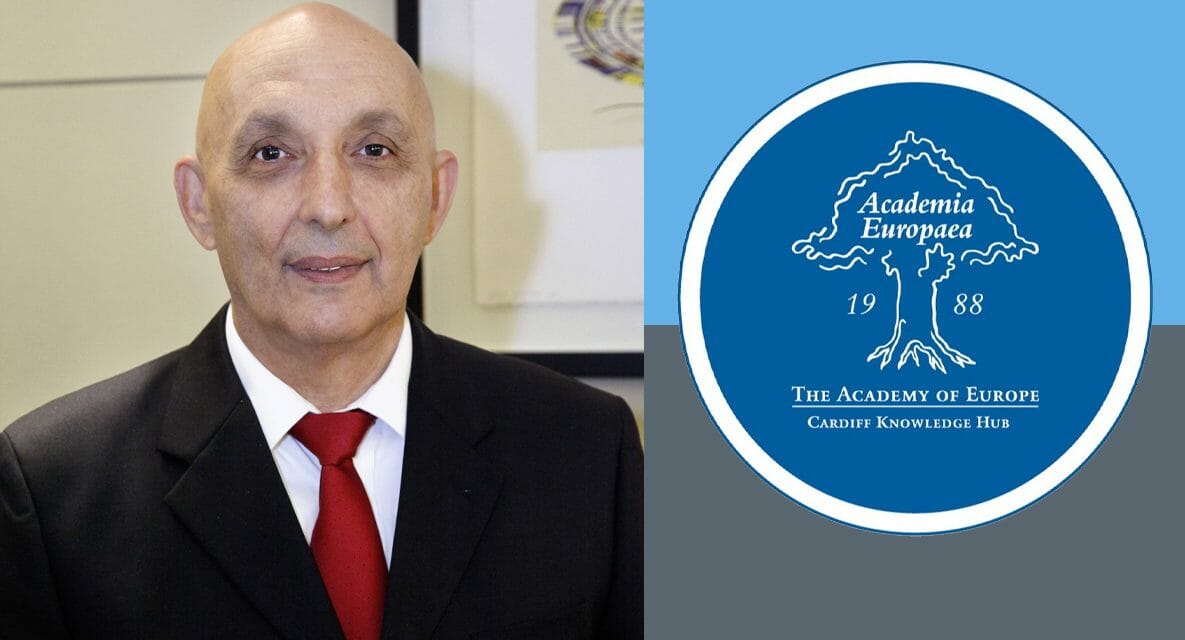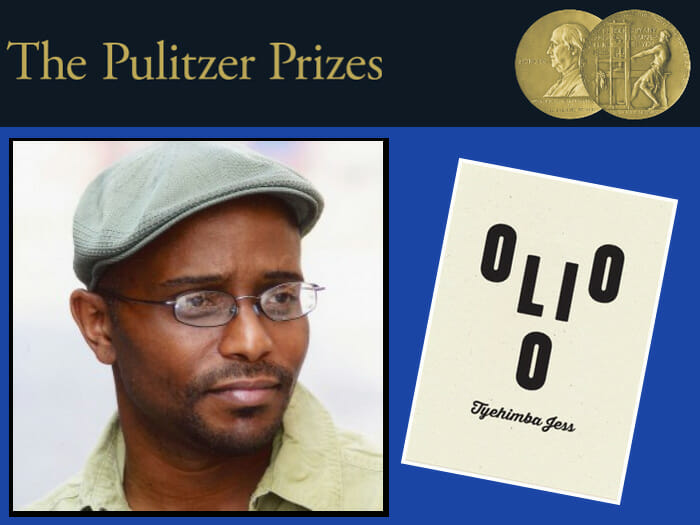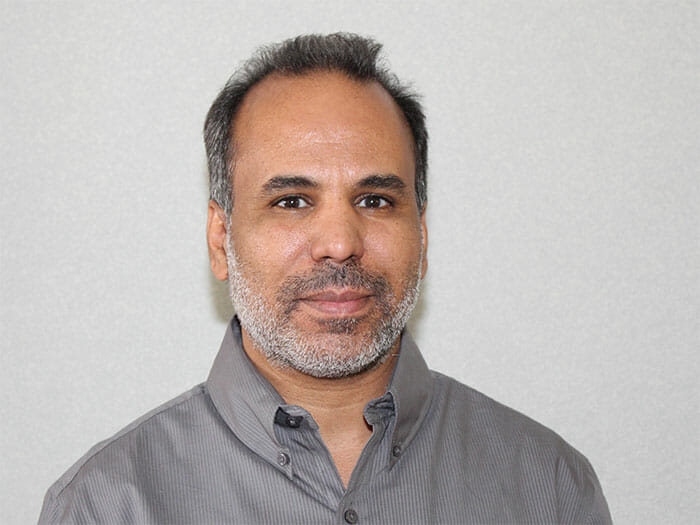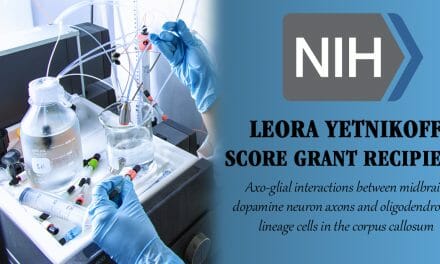On June 6, 2022, Sos Agaian, Distinguished Professor of Computer Science at CSI and The Graduate Center/CUNY, was elected as a new Academia Europaea (AE) member.
Agaian’s seminal accomplishments are in the following research areas: artificial intelligence, image quality, computational vision, machine learning, and multimedia analytics. Election to AE represents recognition for sustained academic excellence in each candidate’s discipline and is reserved for the most eminent scholars. Dr. Agaian has been elected to the Informatics Section of AE.The field he founded, nonreference image quality assessment, has made him a leading scientist in the world.
Distinguished Professor Agaian is the first Professor from CSI to be elected to the Academia Europaea for his outstanding achievements as a researcher, along with his scholarship and eminence in the field of Computer Science. Recently, a Stanford University study identified Agaian among the Top 2% of World Scientists (Public Library of Science Biology: “Updated science-wide author databases of standardized citation indicators, 2021”).
For further information about the AE, visit the Academia Europaea Website and Agaian’s Academia Europaea profile.
Academia Europaea
The prestigious Academia Europaea was founded in 1988 on the initiative of the UK’s Royal Society and other national academies in Europe. The Academy aims to promote European research, advise governments and international organizations in scientific matters, and further interdisciplinary and international research.” Academia Europaea is the only Europe-wide academy with individual members from the Council of European States and other nations worldwide. It is an organization of eminent individual scientists and scholars covering the full range of academic disciplines, and includes 72 Nobel Laureates.
Invitations are made only after peer group nomination, scrutiny, and confirmation of the individual’s scholarship and eminence in his or her chosen field. The Council of the Academia confirms the election.
By Editor

















